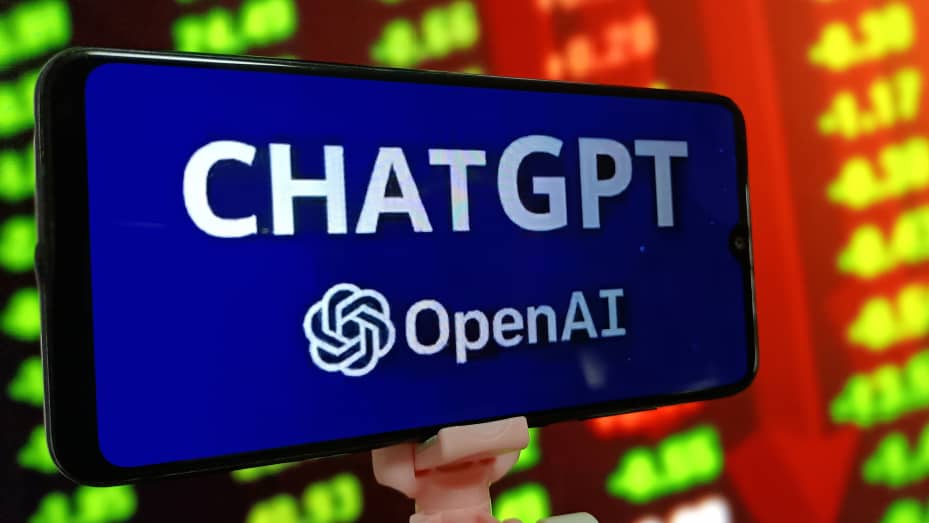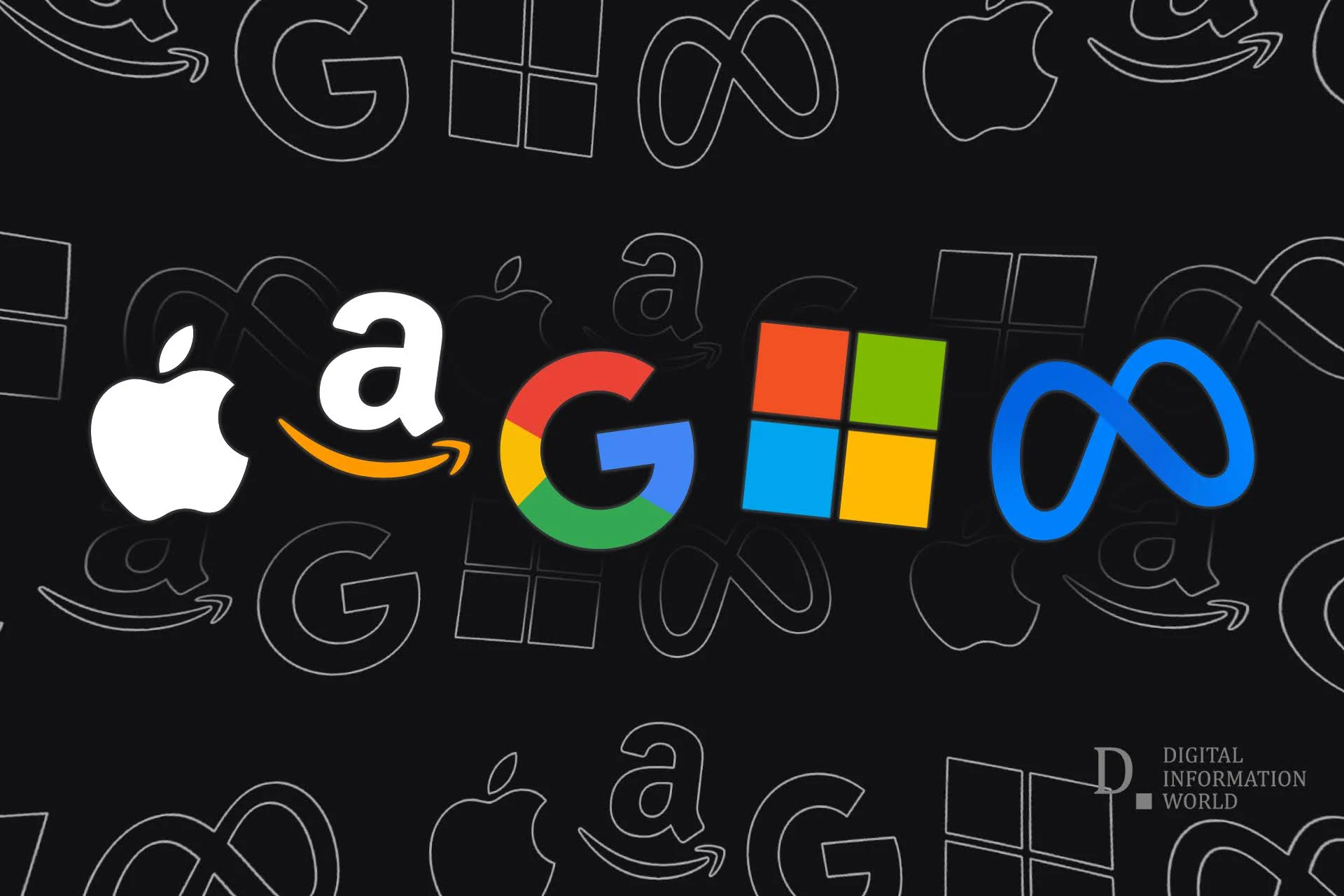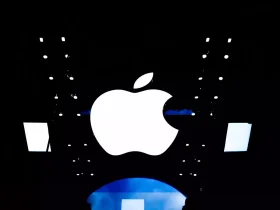During its heyday in the early 2000s, Photobucket reigned as the premier image-hosting platform globally.
Serving as the media backbone for once-popular platforms like Myspace and Friendster, it amassed 70 million users and held nearly half of the U.S. online photo market share.
However, its user base has dwindled significantly over time, with only 2 million users remaining today, as reported by analytics tracker Similarweb.

CEO Ted Leonard, overseeing the 40-strong company from Edwards, Colorado, disclosed that discussions are underway with various tech firms regarding licensing Photobucket’s vast repository of 13 billion photos and videos.
These assets would be utilized to train generative AI models capable of generating new content based on text prompts.
Leonard indicated that negotiations involve pricing structures ranging from 5 cents to $1 per photo and over $1 per video.
Prices are subject to significant variation depending on the buyer’s requirements and the types of imagery sought.

While Photobucket refrained from divulging the identities of potential buyers, citing commercial confidentiality, these ongoing negotiations shed light on the burgeoning data market that accompanies the race to dominate generative AI technology.
Nonetheless, they face legal challenges from copyright holders disputing the use of their content.

Simultaneously, these tech giants engage in discreet transactions to acquire content typically inaccessible behind paywalls or login screens.
This clandestine trade encompasses various data sources, including chat logs and forgotten personal photos from obsolete social media platforms, underscoring the complexity and secrecy surrounding the data economy fueling generative AI advancements.






Leave a Reply